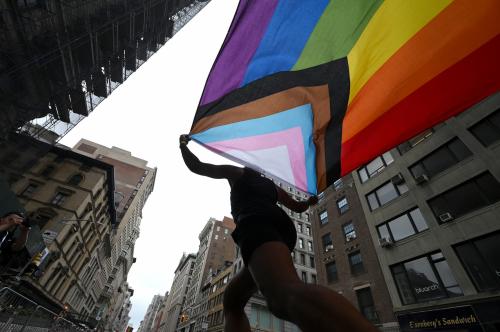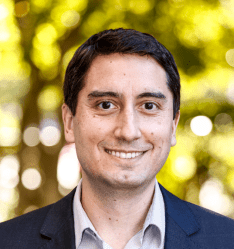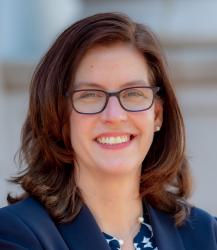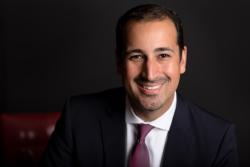

11:00 am EST - 12:30 pm EST
Past Event
About 3.4 million students attend charter schools in the United States. With public funding and oversight, these independently run schools have long sparked debate about how they affect students and what their place should be in the U.S. education landscape. Today, the charter sector is confronting questions about its short- and long-term futures. For example, the Biden administration pushed for greater transparency and accountability through its recent tightening of regulations in the federal Charter Schools Program (CSP). These regulations place more guardrails around charter schools at a time when the politics of charters and school choice are changing.
On Wednesday, January 11, the Brown Center on Education Policy at the Brookings Institution hosted an event to examine the future of charter schools. The event featured presentations of new research on charter schools from the National Center for Research on Education Access and Choice (REACH). Following the presentation, a panel discussed the future of the charter sector, including the impact of new CSP regulations and changing political dynamics.
Douglas Harris, the national director of REACH and non-resident senior fellow at Brookings, moderated the panel and presented new research examining how new charter schools affect district and charter school students. In other words, rather than comparing the performance of district and charter students, their study explores how charter school expansion changes the overall performance of students in an area (excluding private school students). They found that increasing charter market share was associated with increases in a region’s high school graduation rates and test scores.
Also presenting research was Katrina Bulkley, a professor and the acting dean of Montclair State University’s College of Education and Human Services. Bulkley highlighted that charter school authorizers who emphasize equity considerations in their application questions receive more equity-focused applications. Bulkley sees a powerful role for authorizers in shaping the goals and mission of charter schools.
“This provides really strong evidence that authorizers are a critical piece of the puzzle,” said Bulkley. “We are looking here at equity orientation, but if we know that authorizers’ practices are actually shaping the nature of the applications submitted to those authorizers… then we need to be really talking more about what it is that authorizers do and can do, and thinking about how it’s not just a stated mission, but it’s also thinking about the hearts and minds of authorizers.”
Roberto Rodriguez, Assistant Secretary for Planning, Evaluation, and Policy Development at the U.S. Department of Education, and Shavar Jeffries, CEO of the KIPP Foundation, then joined the conversation. They discussed the changes to federal rulemaking regarding the CSP program. Many charter school advocates had criticized early drafts of the proposed rules.
Rodriguez sought to clarify the Biden administration’s position on charter schools. “Let me just begin by articulating our administration’s support for high-quality public charter schools, alongside all high-quality schools that really support students’ learning and success and opportunities to succeed,” said Rodriguez.
According to Rodriguez, new CSP regulations are in place to keep out “bad actors” and maintain the fiscal integrity of CSP funds while supporting community needs and opportunities for students. He noted that such “bad actors” are a “small exception to the norm of high-quality public charter schools,” but pointed to approximately $175 million of federal dollars that were invested in charter schools that either did not open, did not open on time, or closed early.
There is “waste, fraud, and abuse in any government program,” said Jeffries, but these issues are often “overstated and overtold.”
“Anytime the public is writing a check, the public has every right and should expect accountability… But, if anything, we tend to see overregulation in the public charter space and that’s what we have to push back on,” he added.
Bulkley discussed accountability through a frame of fraying trust in institutions and school closures, noting that schools have historically been a space where there is public trust but that closures affect this trust.
The conversation turned to the politics of charter schools, with Harris asking panelists if they agreed that bipartisan support for them has waned in recent years or if this perception is “just political rhetoric.”
“I do not believe that the bottom has fallen out from under the bipartisan coalition for public charter schools,” said Rodriguez. “I think if that were the case you would see the funding completely deteriorating from this program, and in fact you’re not seeing that. We are having robust conversations and collective work on both sides of the aisle.”
The recent tightening of regulations, along with skepticism about charter schools by national leaders in public discourse—including President Biden during his presidential campaign—has resulted in questions about the Biden administration’s views of charter schools.
Rodriguez sought to make the administration’s position clear.
“We support high-quality public schools for all kids, including high-quality public charter schools. Our budget stands behind that, the work we’re doing stands behind that. The rulemaking that we propose is not an effort to tear down the charter school sector; in fact, it is an effort to further promote that objective.”



Moderator

Panelist



Jonathan Rauch
September 6, 2024

Jon Valant
September 5, 2024

Zachary Billot, Annie Vong, Nicole Dias Del Valle, Emily Markovich Morris
August 26, 2024